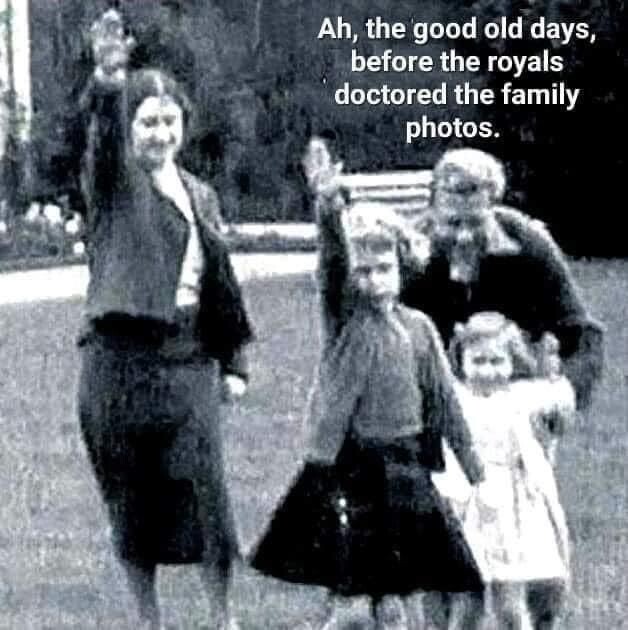A recent palace announcement to the effect that Prince William is now a “global statesman” has been received, for example, with the same eager interest as his self-appointment as a homelessness expert, his decision to grow a beard and, a few days ago, his domestic hints: do remember to turn the palace lights out before you leave for another one down the road. Even a professionally made but excruciating video of sunkissed royals romping inspirationally in meadows was accepted, pretty much uncritically, as the new Windsor normal, and maybe it is.
That said, new revelations about King Charles and his heir’s enormous untaxed wealth suggest that the palace might not want to get too confident about the current non-judgmental state of affairs.
Not now that Channel 4’s Dispatches, the Sunday Times and the Mirror have between them, after an impressive investigation, disclosed what the royal family had until last week successfully concealed: that “the firm”, previously understood as self-deprecatory royal slang for their collective labour, is an entirely accurate term for a family company that transacts business for profit. In the case of the duchies of Lancaster and Cornwall, the lands awarded to the king and his heir, the profits (on top of the sovereign grant) amounted last year to £27.4m for Charles and, for William, £23.6m.
While it’s known that royal duchies are exempt from tax on corporate profits (the royals have begun paying income tax voluntarily), the investigation shows that these include rents extracted from the armed forces, the NHS, prisons and even charities that have Charles or William as patrons. Ex-military William, in uniform at all ceremonial events, is reportedly a “hands-on” duchy owner, so presumably knows that it charges the Ministry of Defence for training on Dartmoor. And for mooring boats at a royal naval college.
A letter to the Daily Telegraph from a retired rear admiral confirms that the distaste provoked by these revelations is not confined to republicans. Charles is commander in chief. “The sums might be relatively small,” the rear admiral wrote, “but the optics are dreadful.”
To comprehend, after these reports, the scale and purpose of the duchies of Lancaster and Cornwall is to appreciate the royal family, afresh, as essentially a massive property company whose corporate social responsibility (CSR) department, better known as the royal family, must be the envy of less competitive enterprises.
While the firm’s CSR professionals – Charles, William and their more appealing dependants – deliver a range of brand-enhancing projects involving toddlers, reading, candlelit carols, mental health, less prominent colleagues quietly get on with amassing and raising rents, selling mining licences, collecting assets from the dead but intestate, renting out homes (including substandard ones) and monetising everything from a beach to a scout hut. William might be a limited statesman; as a property magnate in a pre-owned jacket, he has achieved what still eludes, say, James Dyson: delivering moral lectures without instant, retaliatory insults about his business practices.
1
34
How long will we stomach sermons from royals made rich by their own charities?
(www.theguardian.com)
2
3
4
5
9
King’s face replaced with Wallace and Gromit character in animal rights protest
(www.standard.co.uk)
6
17
Rebel Wilson Claims a British Royal Family Member Invited Her to a Drug & Orgy Party
(hollywoodlife.com)
7
9
10
11
12
1
Royals and race: inquiry under way into naming of Charles and Catherine in new book
(www.theguardian.com)
13
14
15
